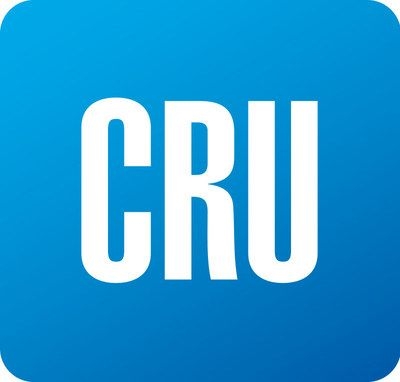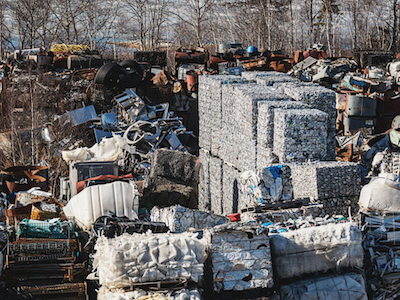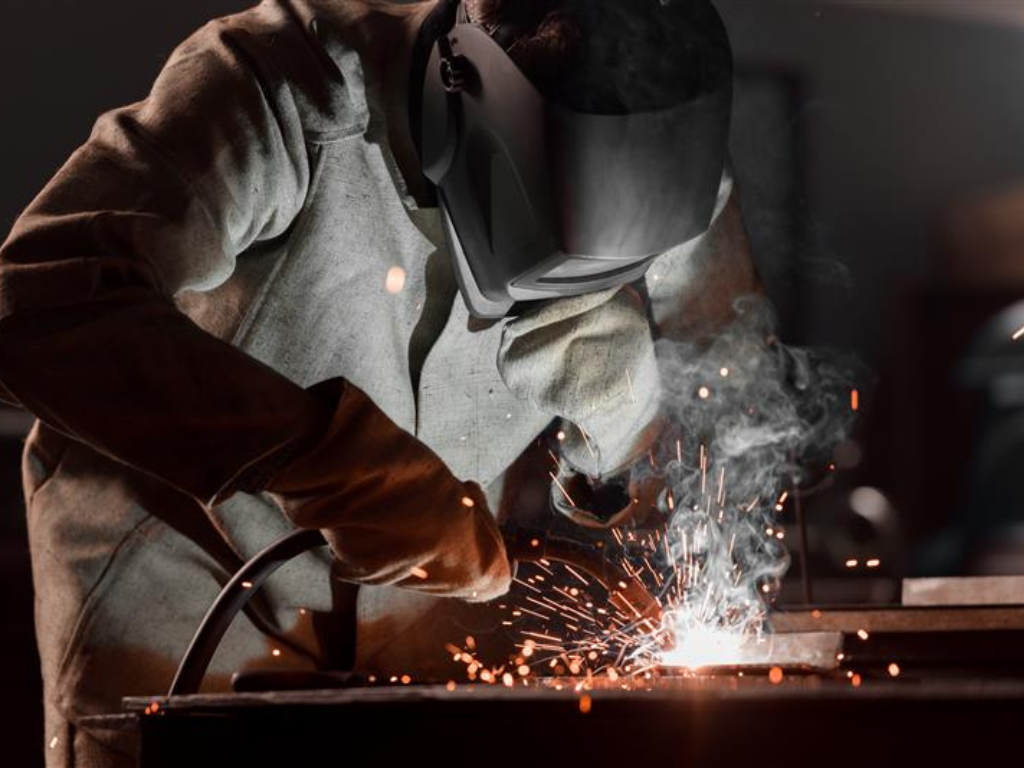Market

September 17, 2020
CRU: Steel Buyers Fret About Longevity of Rally as Prices Skyrocket
Written by Estelle Tran
By CRU Prices Analyst Estelle Tran, from CRU’s Global Steel Trade Service
A combination of increased seasonal demand, low service center inventories, unplanned outages, spike in scrap prices and government restrictions on Brazilian slab imports have added fuel to the usual seasonal uptick and turned it into a surge. After reaching a bottom in mid-August, sheet prices have been taking strides weekly with HR coil prices up $125 /s.ton in five weeks and reaching $562 /s.ton on Sept. 16. With sheet mills sold out of October, they are eyeing further increases for November rollings. U.S. Steel on Sept. 14 hiked sheet prices $60 /s.ton, and market sources believe mills will achieve $600 /s.ton HR coil spot pricing—briefly.
Industrial production continued to grow in August, though at a slower rate, and market participants are concerned that demand will not support higher prices. U.S. steel mill utilization rose to 65.1 percent in the week ended Sept. 12, which represents a rising trend but is down from the 77.4 percent rate in the same week last year, according to American Iron and Steel Institute data. AISI also reported in July that steel mill shipments were down 25.6 percent y/y.
U.S. sheet prices were long below international prices, but are rising to a point where imports may be workable. There are other factors working against imports, however. One is timing, as service centers are averse to taking on inventory at the end of the year for tax reasons. Mexican sheet exports to the U.S. have been lower because of strong domestic demand.
For rebar, imports have been down with lower imports from Turkey. In August, the U.S. licensed 70kt of rebar for import, which would have been the lowest level seen since December 2019. In the near term, domestic rebar, wire rod and merchant bar prices are poised to increase. Mills announced $30-55 /s.ton price increases depending on the product, which are largely supported by scrap price increases. Even with price increases, imports are not expected to rise substantially in the near term while Section 232 (S232) tariffs remain and the end of year approaches. There is also the added complication that Nucor is expected to begin rolling at its new 350,000 st/y micro mill in Frostproof, Fla., by the end of the year. Florida is one of the largest construction markets in the country, and much of its rebar demand has been met by imports because of transportation costs.
U.S. Restricts Imports of Brazilian Slabs
President Trump abruptly issued a proclamation that he would further restrict imports of semifinished steel from Brazil this year, leaving quotas for other products unchanged. Under S232, Brazil has about a 3.5Mt annual quota for semifinished steel, of which 350kt should have been available to be imported in Q4 because of quarterly restrictions. The proclamation reduced the S232 quota to 3.155Mt and limited imports to 60kt for Q4. Trump announced this proclamation on Aug. 31 and said that the U.S. and Brazil would hold consultations about Brazil’s 2021 import quota in December. Though there is an exclusion process companies can apply for, the limit is 60kt. Brazilian producers are nervous that the result of the December quota negotiations would be announced too late to make business decisions for Q1 or that negotiations could be postponed. The disruption in slab supply has bolstered sheet prices in the U.S.
For exports outside of the U.S., Brazil has been able to raise prices to buyers in Turkey, Mexico and Europe. Higher iron ore prices and tight slab supply have helped to support these price increases, which have put FOB Brazil prices at $450 /t. This is up from $395 /t in August.
Mexico to Monitor Exports to the U.S.
The U.S. will meet with another key trade partner, Mexico, in December to discuss trade and market conditions. At the same time the Trump administration made the proclamation regarding Brazil, the U.S. also announced plans to address the “surges” of imports of standard pipe, mechanical tubing and semifinished products to the U.S. Mexico agreed to monitor its exports of these products to the U.S. though June 1, 2021. In return, the U.S. will maintain Mexico’s S232 tariff exemption.
Outlook: Steel Prices Continue Ascent
A spike in scrap prices – $20-30/ l.ton for prime grades and $45-60 /l.ton for shredded scrap – in September has empowered some mills to announce further price increases this week. With $600 /s.ton HR coil seeming like an eventuality, buyers will lean more heavily on their contracts and may consider imports for 2021, especially when quotas for South Korea and Brazil reset. Uncertainty surrounding quota talks, the presidential election and Covid-19 may keep buyers focused on domestic, Canadian and Mexican suppliers.
With the new restriction on Brazilian slab imports, slabs that were slated to be consumed in Q4 will remain in bonded warehouses, possibly limiting buying interest for new Brazilian slabs in the near term. There is further downside risk depending on the outcome of the December quota negotiations. Despite these risks, higher iron ore costs and strong demand are expected to drive increases in Brazilian slab prices in the near term.
Request more information about this topic.
Learn more about CRU’s services at www.crugroup.com
The post CRU: Steel Buyers Fret About Longevity of Rally as Prices Skyrocket appeared first on Steel Market Update.





